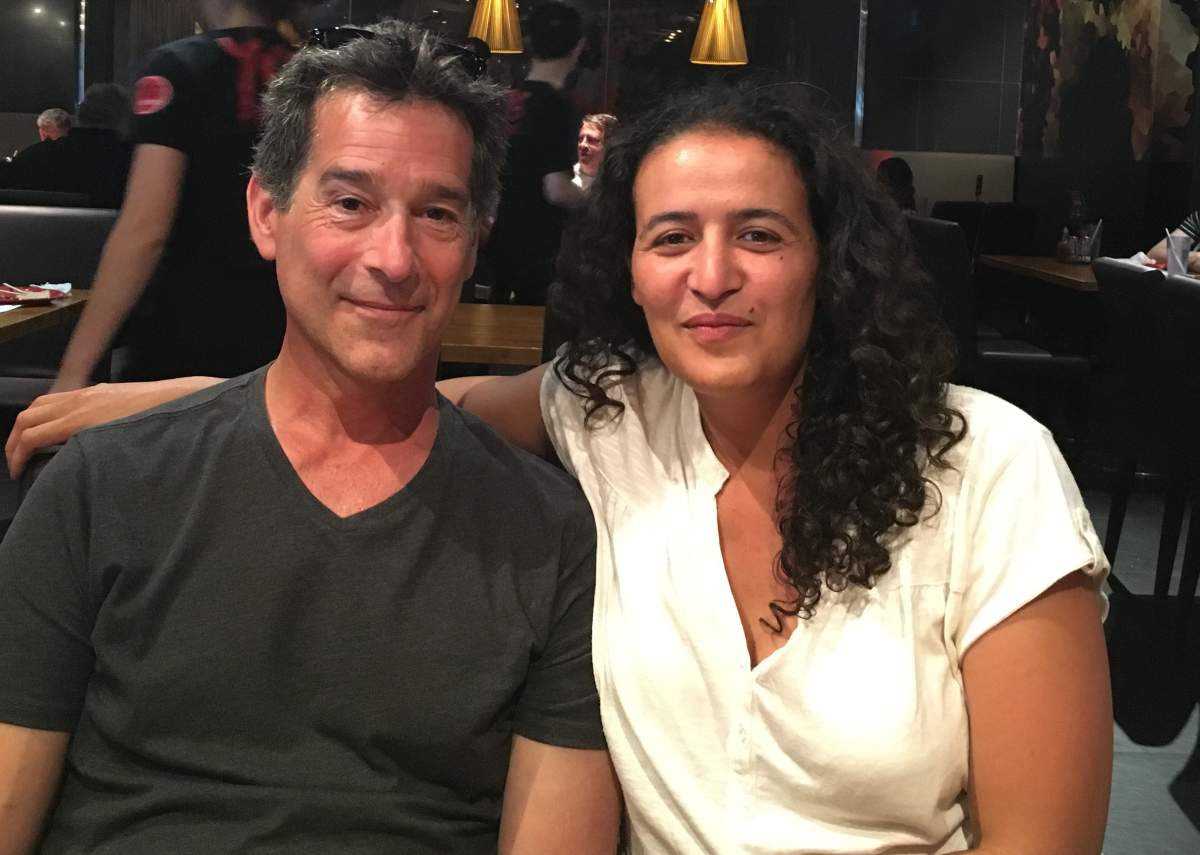For the first time in its history, the Quebec Human Rights and Youth Rights Commission (CDPDJ) has recognized that a person was the victim of both racial and social profiling in the province.

“I knew it was going to take some time, but I didn’t think it was going to take seven years,” she told Global News.
“It’s been an exhausting experience.”
On Feb. 4, 2010, former Concordia University student Amal Asmar alleged she was mistreated and fined $1,040 by Montreal police simply because she is of Palestinian descent and was wearing a kaffiyeh, a black and white checkered scarf typically worn in Middle Eastern countries.
READ MORE: Victory in court for South Shore man accusing police of racial profiling
Asmar said she was sitting on a bench at a bus stop near the Alexis Nihon mall on Sainte-Catherine Street at 3 a.m. when two officers, Sébastien Champoux and Michael McIntyre, approached her.
READ MORE: Racial profiling report a ‘wake-up’ call to Quebec
READ MORE: Montreal’s infamous ‘Officer 728’ faces heavy fines in racial profiling case

Get breaking National news
Asmar claims the officers twisted her arm and pushed her against their car before she was handcuffed, frisked and put in the cruiser.
READ MORE: Montreal police react to increase in racial profiling complaints
She said she was then given two tickets: one for making noise and another for using municipal property — the bench — “improperly.”
The fines were later withdrawn.
“It’s not just about me. It’s about all minorities, it’s something that I feel I have to do, but it’s taking its toll,” Asmar told Global News.
“Every time, I have to relive that trauma again.”
READ MORE: Montreal police fined in racial profiling case involving black teenager
In addition to paying $45,000 in damages, the CDPDJ has demanded that the City of Montreal, as well as local law enforcement, impose measures to address and prevent profiling.
Montreal police told Global News it is looking at the measures and will evaluate whether or not they will be enforced.
WATCH BELOW: Racial profiling in Quebec
“These remedies notably include issues such as the collection and release of race‐based data (which Montreal police has stated its refusal to do so), the policy against “incivilities” and the adoption of an accountability mechanism for actions of racial or social profiling,” a press release by CRARR states.
READ MORE: Entrepreneur shocked after pimp accusation in Laval Tim Hortons
However, Niemi explained Montreal police don’t usually comply with the commission’s recommendations and the case will have to go before the Human Rights Tribunal.
READ MORE: Kirkland resident to file complaint against Montreal police; claims racial profiling
“This will be the first time social profiling will be litigated before the courts,” Niemi told Global News.
READ MORE: Racial profiling complaints in Quebec up over 50 per cent
Asmar, who currently works as a maternal child health/FASD co-ordinator with the Meadow Lake Tribal Council in Saskatchewan, believes education for police officers could help in the future.
“It would be fantastic to actually have them required to fulfill a certain amount of volunteer work,” she told Global News.
“I think that the victory that I’ve accomplished, I’ve realized it’s a huge accomplishment, but we still have ways to go.”



Comments